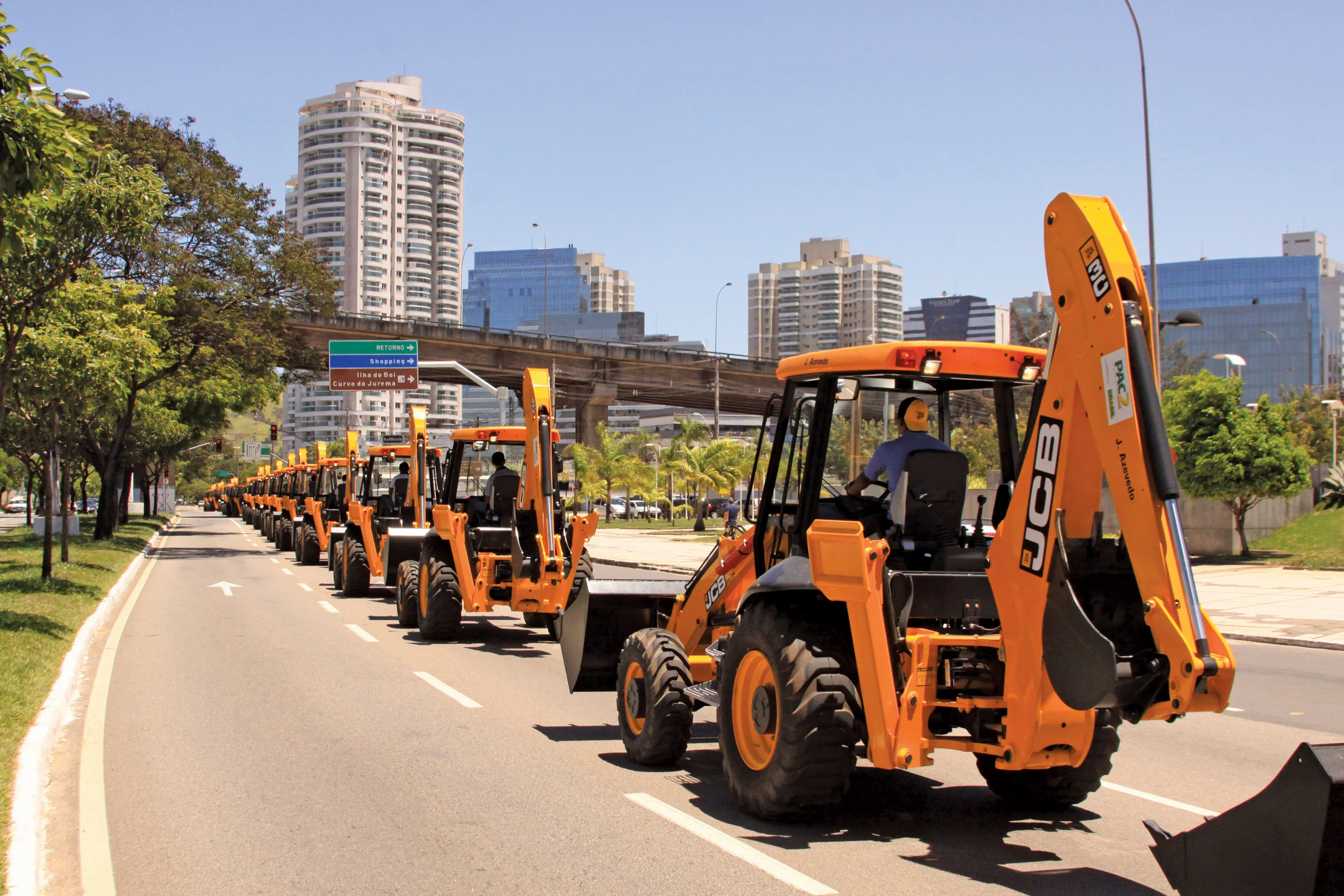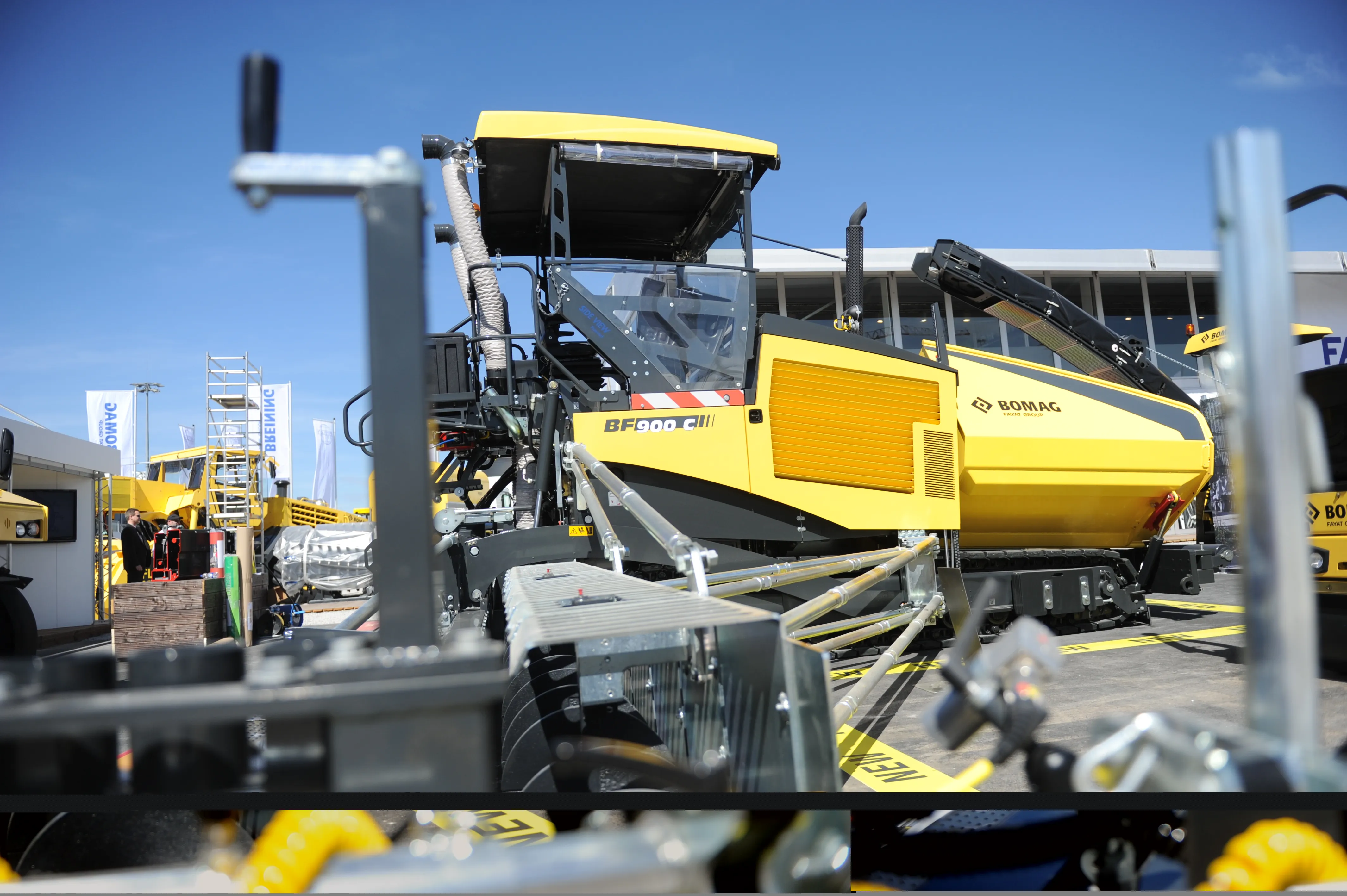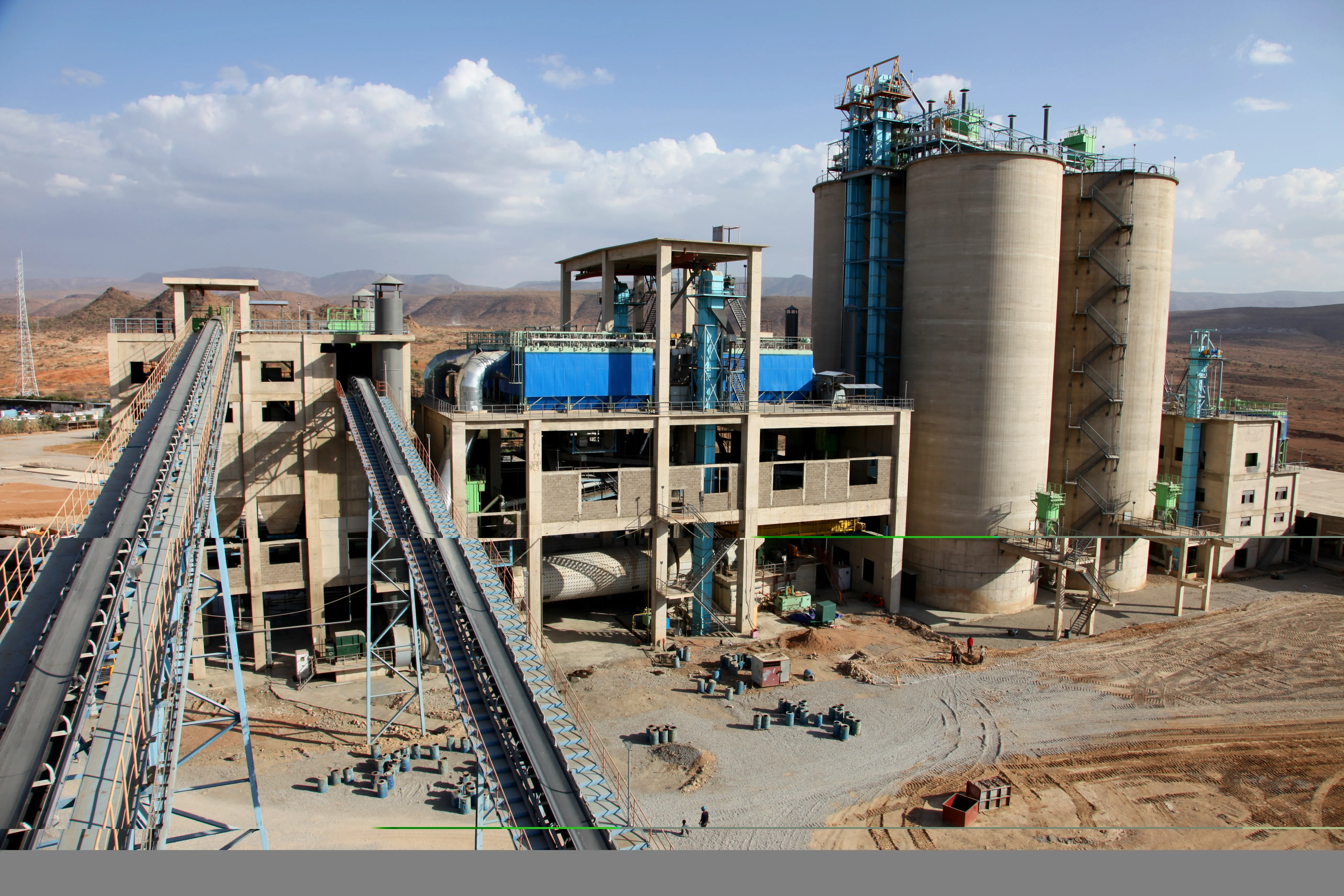JCB has won a massive order for over 1,000 of its backhoe loaders in a deal which is designed to transform the rural economy of Brazil. Brazil's Ministry of Agrarian Development has signed a tender for the JCB 3C backhoes worth more than £40 million (US$60 million), as the company marks 60 years of backhoe loader production.
The machines will be delivered throughout 2013 and put straight to work improving rural roads to ensure food produced for sale gets to market much quicker.
The machines will be man
April 12, 2013
Read time: 2 mins

Brazil's Ministry of Agrarian Development has signed a tender for the JCB 3C backhoes worth more than £40 million (US$60 million), as the company marks 60 years of backhoe loader production.
The machines will be delivered throughout 2013 and put straight to work improving rural roads to ensure food produced for sale gets to market much quicker.
The machines will be manufactured at JCB’s new $100 million factory in São Paulo, and the order comes after JCB Brazil successfully supplied more than 1,000 backhoes last year to the same customer as part of the first phase of the development of rural roads.
JCB CEO Alan Blake said: “This is a very important deal for JCB and we are delighted to have secured the tender for a second year running.”
JCB Brazil managing director Carlos Hernandez said: “It is a great honour to have been chosen again to supply another 1,000 backhoes that will be used to improve the infrastructure and services of the smaller municipalities.”
A third of all farms in Brazil are family enterprises in remote areas of the country where the road network needs to be upgraded. The purchase of the machines is to facilitate that development and help meet federal government growth plans. In Brazil there are more than 400,000 family farms and the machines will be used in more than 1,000 municipalities in small cities with less than 50,000 inhabitants.








